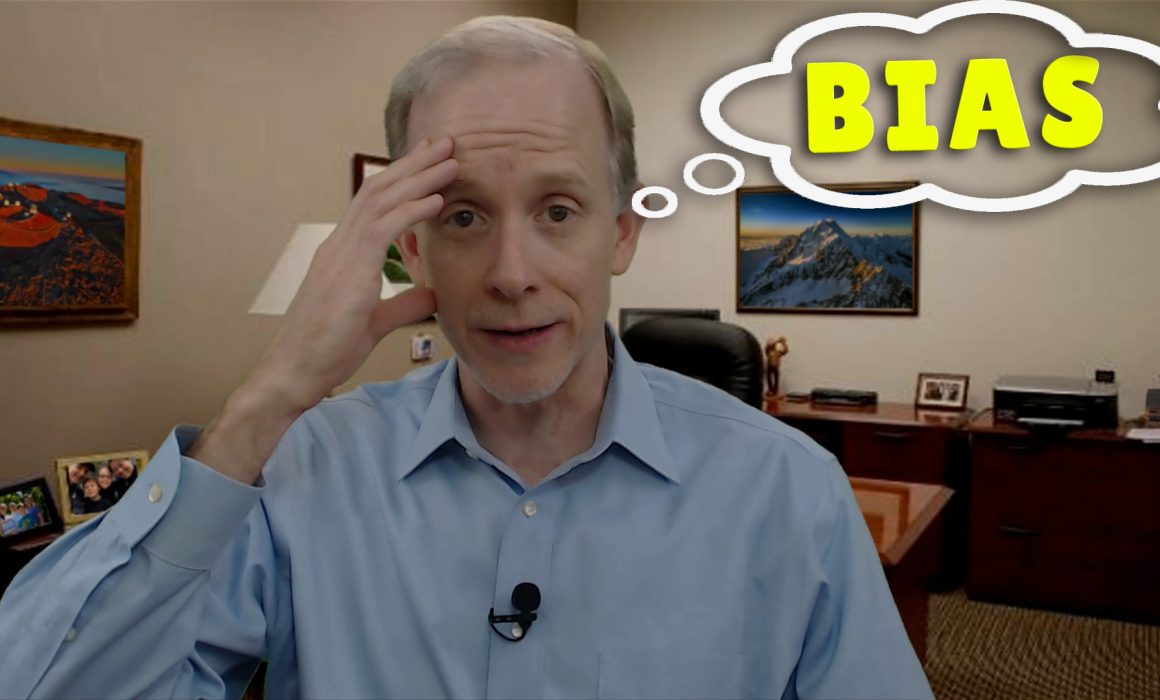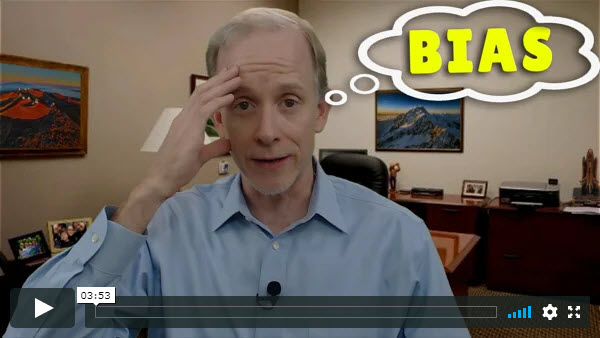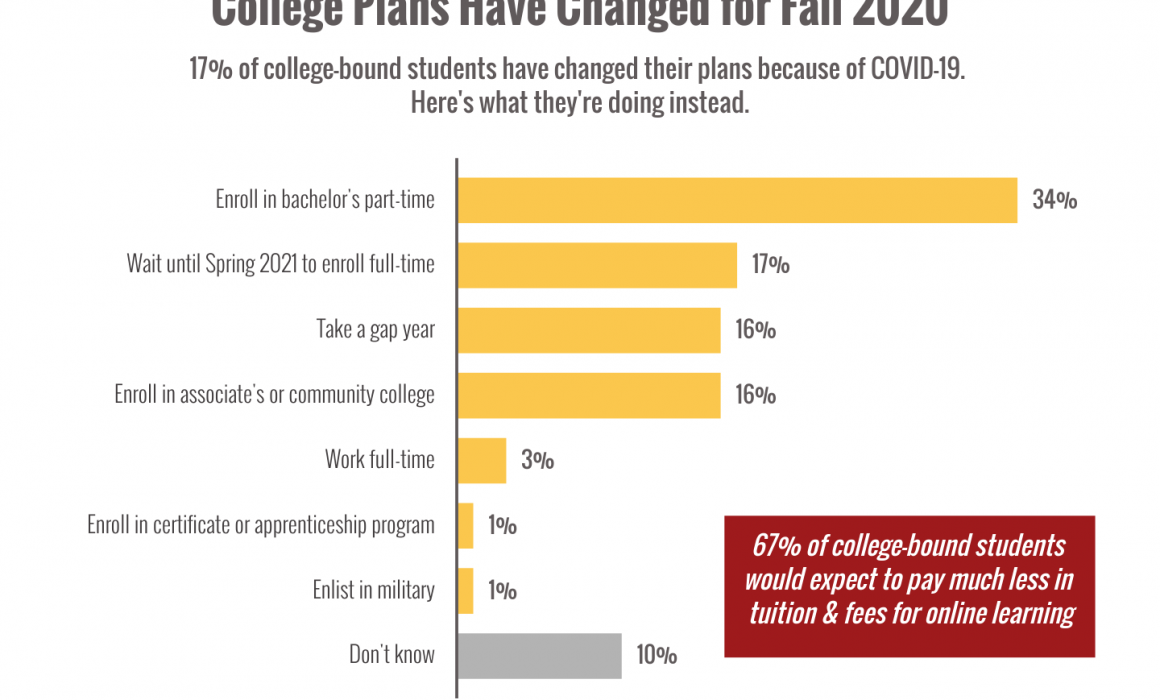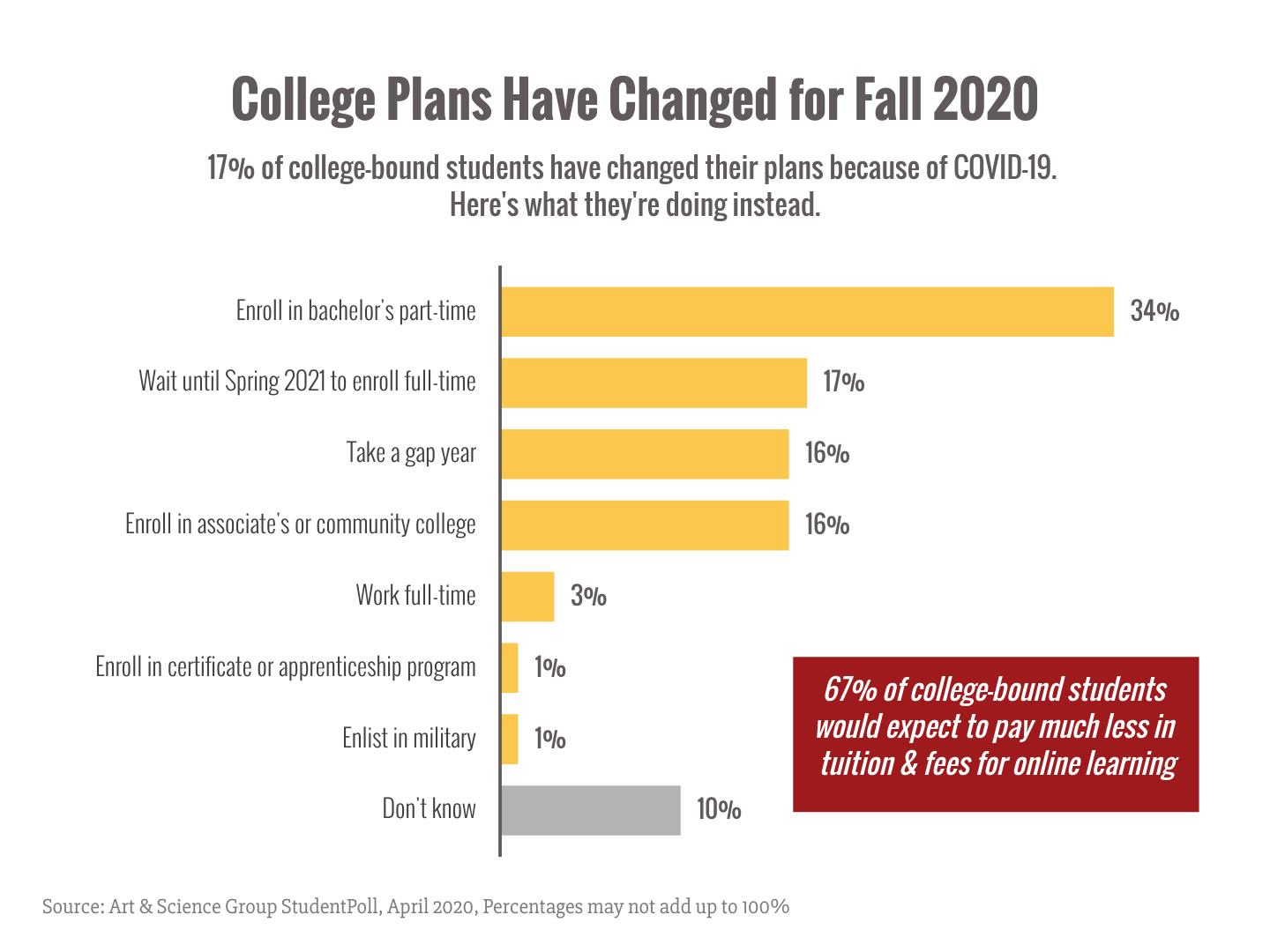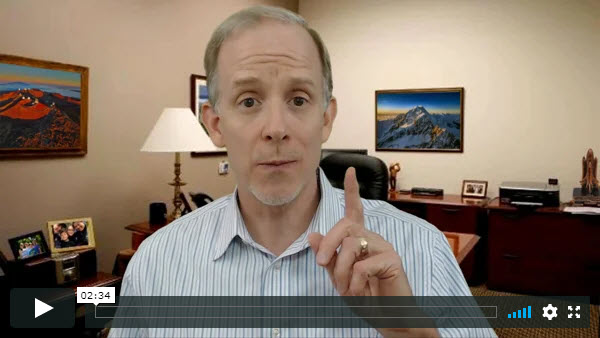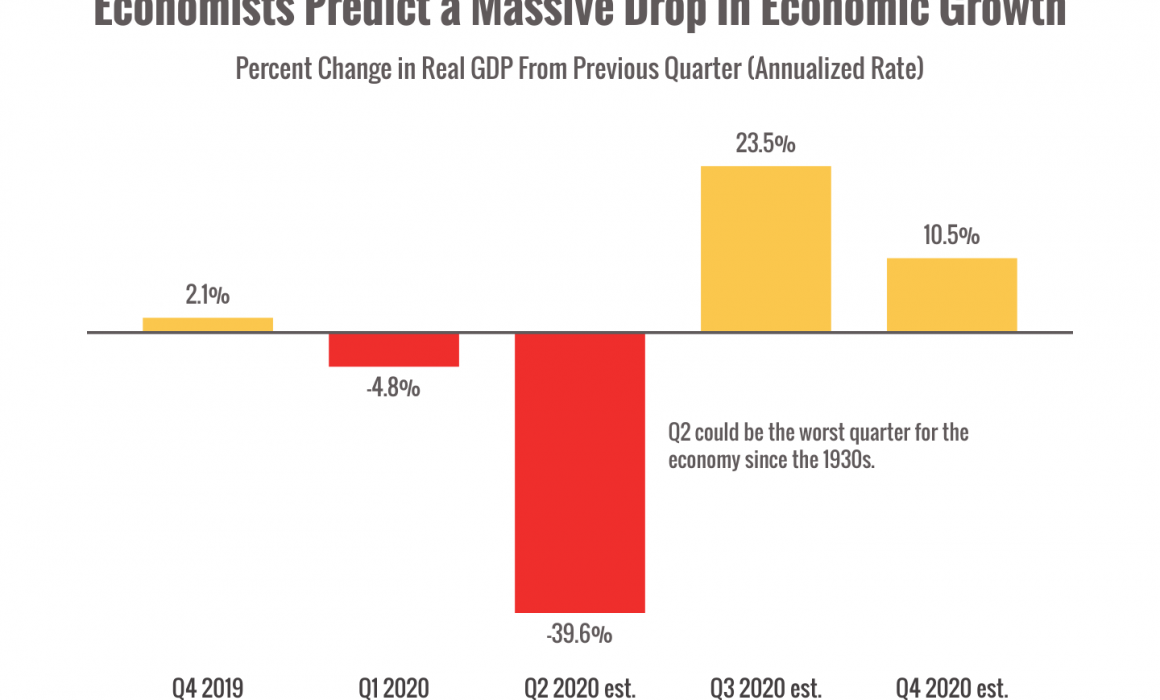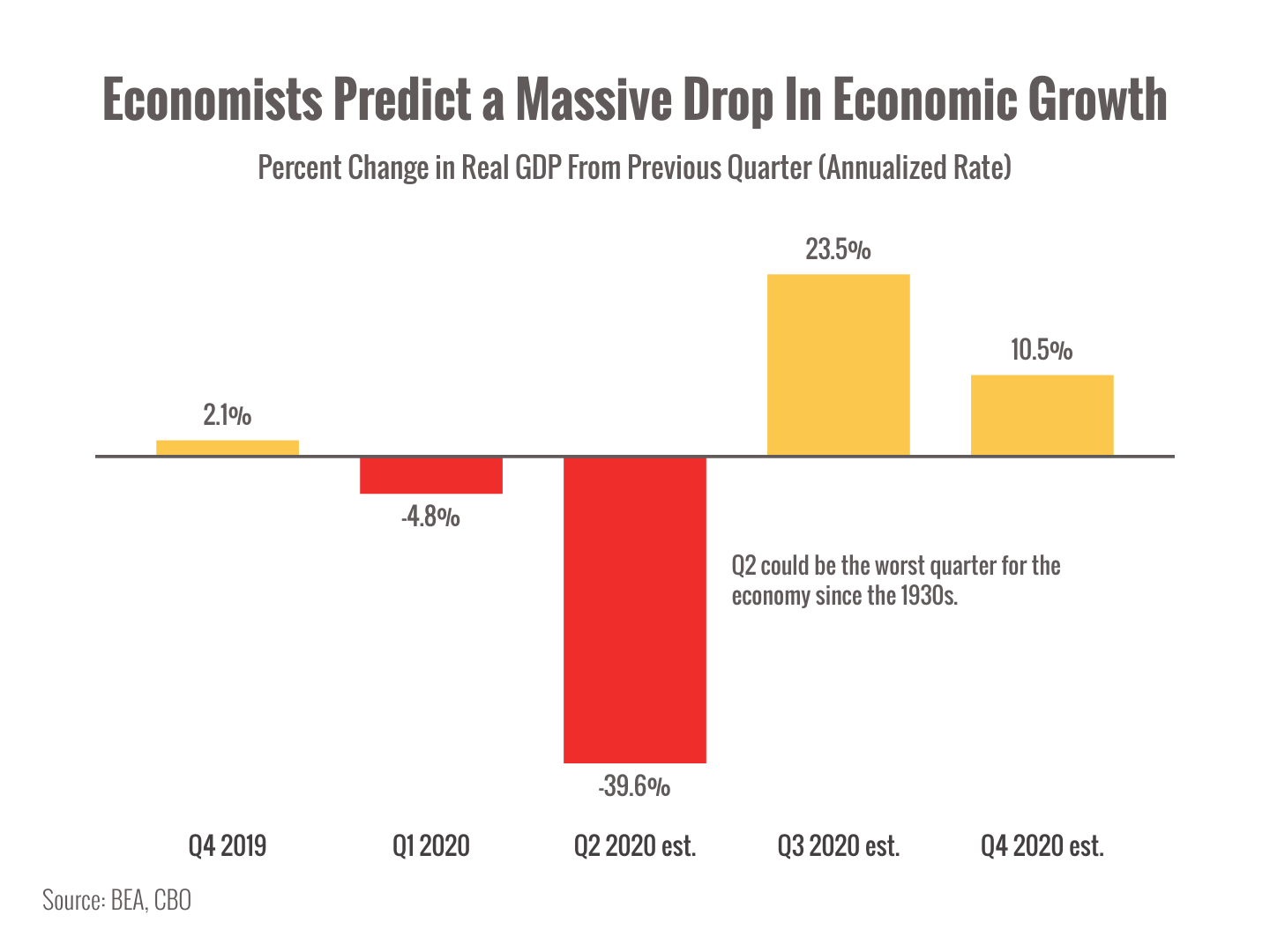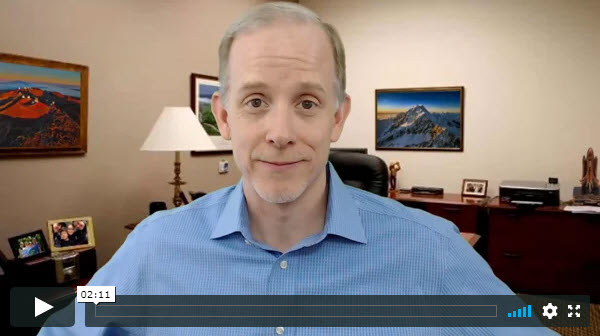3 cognitive biases that cheat most investors (and how to beat them)
“The investor’s chief problem – and even his worst enemy – is likely to be himself.” — Benjamin Graham
If you’re looking at headlines or feeling the pressure of the downturn, it’s easy to think you’re not in control.
And it’s true—you have limited control over external circumstances (like the pandemic). But you have complete control over yourself and your behavior.
Times like these are when it’s most important to dig deep, root out bad habits, and come out on the other side mentally stronger than before.
We made a short video showing you exactly how you can overcome the hardwired biases that can cheat you, including the huge mental trap that even Warren Buffett has to fight.
(You’ll have to watch the video to find out what it is!)


